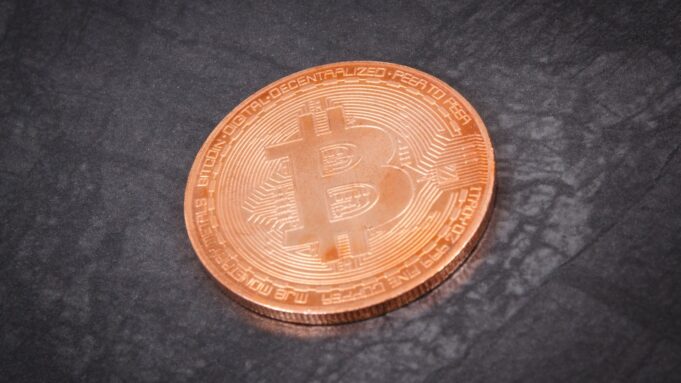Bitcoin, the world’s first and most popular cryptocurrency, is a decentralized digital currency that allows users to send and receive payments without the need for a centralized authority like a bank or government. One of the most intriguing aspects of Bitcoin is the process by which new bitcoins are created, which is known as mining. In this article, we’ll explore what Bitcoin mining is, how it works, and what role it plays in the Bitcoin ecosystem.
What is Bitcoin Mining?
Bitcoin mining is the process of adding new transactions to the blockchain, which is a public ledger of all Bitcoin transactions that have ever occurred. The blockchain is maintained by a network of computers that are all connected to the Bitcoin network. Miners use their computers to solve complex mathematical problems that verify and confirm new transactions, and in exchange for their work, they receive newly created bitcoins as a reward.
This process is known as mining because the miners are essentially digging for new bitcoins in the same way that gold miners would dig for gold. However, unlike gold mining, Bitcoin mining is purely digital and does not require any physical digging.
How Does Bitcoin Mining Work?
Bitcoin mining is a complex process that requires specialized hardware and software. Miners use powerful computers called ASICs (Application-Specific Integrated Circuits) that are designed specifically for the purpose of mining Bitcoin. These machines are incredibly powerful and can solve complex mathematical problems much faster than regular computers.
The mining process begins with a new transaction being added to the Bitcoin network. This transaction is then broadcast to all of the computers on the network, and each computer begins working to verify and confirm the transaction. The first computer to solve the mathematical problem associated with the transaction is rewarded with a set amount of bitcoins, which is currently 6.25 bitcoins per block.
Once the transaction has been verified and confirmed by the miners, it is added to the blockchain and becomes a permanent part of the Bitcoin network. The miners then move on to the next transaction and repeat the process.
What Role Does Mining Play in the Bitcoin Ecosystem?
Mining plays a crucial role in the Bitcoin ecosystem. Without miners, the Bitcoin network would not be able to function. Miners are responsible for verifying and confirming all Bitcoin transactions, which ensures the security and integrity of the network.
In addition to verifying transactions, miners are also responsible for creating new bitcoins. This is important because it ensures that there is a steady supply of new bitcoins entering the market. As more and more people begin using Bitcoin, the demand for bitcoins will increase, and the value of each bitcoin will go up.
Mining also helps to prevent fraud and double-spending. Because each transaction must be verified by a network of miners before it can be added to the blockchain, it is virtually impossible for someone to create a fake transaction or spend the same bitcoins twice.
Finally, mining is also a way for people to earn bitcoins. While mining is not as profitable as it once was, there are still many people who make a living by mining bitcoins. This is especially true in countries where electricity is cheap, as the cost of running mining equipment can be quite high.
Conclusion
Bitcoin mining is a complex process that involves specialized hardware and software. Miners use their computers to solve complex mathematical problems that verify and confirm new transactions, and in exchange for their work, they receive newly created bitcoins as a reward. Mining plays a crucial role in the Bitcoin ecosystem by ensuring the security and integrity of the network, creating new bitcoins, and preventing fraud and double-spending. While mining is not as profitable as it once was, it is still an important part of the Bitcoin ecosystem and will continue to be so for the foreseeable future.

























